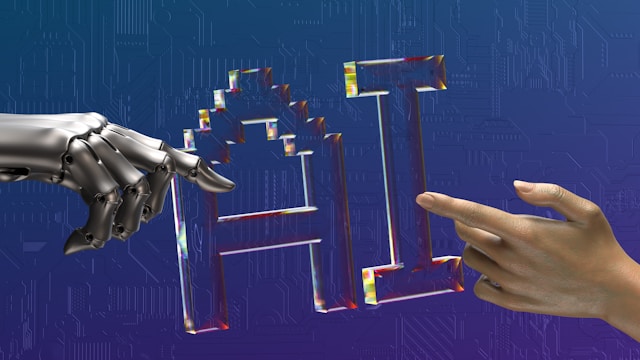Artificial intelligence will displace 50% of jobs by 2027. That’s the sentiment echoed by top venture capitalist Kai-Fu Lee as the revolutionary technology slowly finds its way into various sectors of the global economy. In 2017, the chairman and chief executive of Sinovation Ventures predicted that AI would be more significant than all of humanity’s previous technology revolutions.
AI Jobs Displacement
Likewise, everything is slowly falling into place as various tech companies develop AI models and solutions that increasingly rival human intelligence. With the technology getting out of hand, there have been calls led by Tesla CEO Elon Musk for more scrutiny and regulation of AI to prevent it from becoming extremely powerful to the extent that humans cannot control it.
While AI has been touted for its positive attributes and impacts on society, the fact that it could lead to significant job losses is a concern. Lee believes the technology can potentially wipe out a good chunk of the white-collar jobs faster than blue-collar jobs.
Generative AI is expected to automate 60% to 70% of the jobs. The technology was responsible for eliminating nearly 4,000 jobs in 2023. Likewise, studies have shown that at least 10% of US employment is affected by large language models. In the past, automation fueled labor concerns that machines would take over mundane, repetitive tasks. Generative AI, on the other hand, automates creative tasks like writing, coding, and even music creation.
For instance, musician Paul McCartney used AI to partially create his late friend John Lennon’s voice to write a posthumous “Beatles” song. The AI worked to the musician’s advantage in this instance, but that’s not always true.
Similarly, Alphabet’s Google has already unveiled artificial intelligence software capable of building presentations and analyzing and entering data, which could significantly impact the data analysis and entry business.
Other jobs likely to feel the full impact of artificial intelligence include administrative tasks, as there are tools that can help with essential functions like email correspondence identifying data trends, among others. Coding is another area that will be significantly impacted as there are programs that can write fluent and syntactically correct code. Customer service is another area that is prone to automation using AI.
AI Positive Impact
Amid the expected job losses, the future of artificial intelligence should offer limitless opportunities and uses that will significantly improve the quality of life. It will have a positive impact on the future and fate of humanity. According to Bernard Marr and Co, artificial intelligence will have a transformative effect on our society, with significant economic, legislative, policy, and regulatory impacts on all kinds of jobs and sectors that need to be discussed and prepared for.
Others in the know claim that AI has many positive impacts on society today and tomorrow, including improved productivity, better healthcare, and improved access to education, among others. AI-powered technologies can solve complex problems and make our daily lives more efficient and convenient.
Artificial intelligence will likely deliver additional global economic activity despite the expected job loss. It is expected to have a $13 trillion impact on the global economy by 2030, about 16% higher than the cumulative GDP today. The significant impact will come on at least 70% of companies embracing the AI revolution and adopting at least one type of AI revolution.


